
The politics of the United Kingdom functions within a constitutional monarchy where executive power is delegated by legislation and social conventions to a unitary parliamentary democracy. From this a hereditary monarch, currently Charles III, serves as head of state while the Prime Minister of the United Kingdom, currently Rishi Sunak, serves as the elected head of government.

The politics of Scotland operate within the constitution of the United Kingdom, of which Scotland is a country. Scotland is a democracy, being represented in both the Scottish Parliament and the Parliament of the United Kingdom since the Scotland Act 1998. Most executive power is exercised by the Scottish Government, led by the First Minister of Scotland, the head of government in a multi-party system. The judiciary of Scotland, dealing with Scots law, is independent of the legislature and the Scottish Government. Scots law is primarily determined by the Scottish Parliament. The Scottish Government shares some executive powers with the Government of the United Kingdom's Scotland Office, a British government department led by the Secretary of State for Scotland.
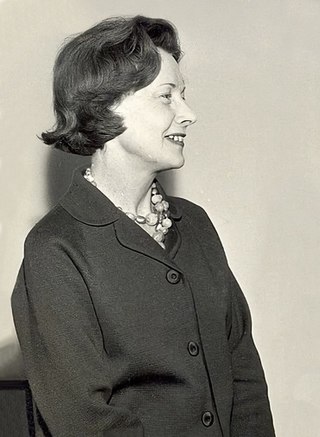
The 1979 European Parliament election, was the first European election to be held in the United Kingdom after the European Communities (EC) decided to directly elect representatives to the European Parliament. It was held on 7 June. Elections were also held in eight other EC states. European elections were incorporated into UK law by the European Assembly Elections Act 1978. Out of the 410 members of the European Parliament, 81 were elected from the UK. The electoral system was First Past the Post in England, Scotland and Wales and Single Transferable Vote in Northern Ireland.
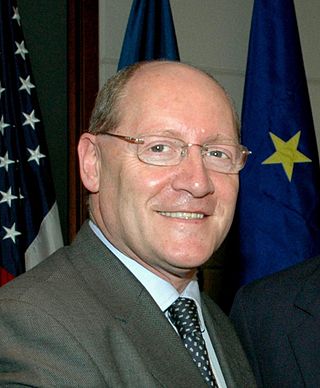
The 2004 European Parliament election was the United Kingdom's part of the wider 2004 European Parliament election which was held between 10 and 13 June 2004 in the 25 member states of the European Union. The United Kingdom's part of this election was held on Thursday 10 June 2004. The election also coincided with the 2004 local elections and the London Assembly and mayoral elections. In total, 78 Members of the European Parliament were elected from the United Kingdom using proportional representation.

The political groups of the European Parliament are the officially recognised political groups consisting of legislators of aligned ideologies in the European Parliament.
Arthur Stanley Newens was a British Labour Co-operative politician. He was a Member of Parliament (MP) from 1964 to 1970 and 1974 to 1983, and a Member of the European Parliament (MEP) from 1984 to 1999.

Manfred Weber is a German politician who has served as President of the European People's Party (EPP) since 2022 and as Leader of the EPP Group in the European Parliament since 2014. He has been a Member of the European Parliament (MEP) from Germany since 2004. He is a member of the Christian Social Union in Bavaria (CSU), part of the European People's Party.

Jan Zahradil is a Czech politician for the Civic Democratic Party (ODS) who has been Member of the European Parliament (MEP) since the Czech Republic entered the European Union in 2004. Zahradil also served as Member of the Chamber of Deputies (MP) from 1998 to 2004.

Scotland was a constituency of the European Parliament created in 1999. It elected between eight and six MEPs using the D'Hondt method of party-list proportional representation every five years from 1999 until 2020. The constituency was abolished after the United Kingdom left the European Union on 31 January 2020.

Sir Robert Goodwill is a British Conservative Party politician and farmer serving as Member of Parliament (MP) for Scarborough and Whitby since 2005. He was previously a Member of the European Parliament (MEP) for Yorkshire and the Humber. Goodwill served in Theresa May's government as Minister of State at the Home Office, the Department for Education and the Department for Environment, Food and Rural Affairs.

Syed Salah Kamall, Baron Kamall is a British politician and academic, who from September to October 2022 served in HM Government as Parliamentary Under-Secretary of State at the Department for Digital, Culture, Media and Sport. He was previously Parliamentary Under-Secretary of State for Innovation at the Department of Health and Social Care (2021–22).
Brian Monteith is a British politician, public relations consultant and commentator. As a member of the Scottish Conservatives, he was a Member of the Scottish Parliament (MSP) for the Mid Scotland and Fife region from 1999 to 2007. Later a member of the Brexit Party, he was a Member of the European Parliament (MEP) for North East England from 2019 to 2020.

Scotland has elections to several bodies: the Scottish Parliament, the United Kingdom Parliament, local councils and community councils. Before the United Kingdom left the European Union, Scotland elected members to the European Parliament.
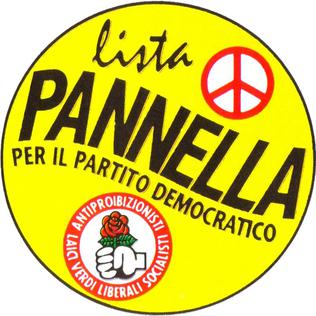
The Pannella List is a liberal and libertarian association, which was also the electoral list of the Italian Radicals between 1992 and 1999, when it was replaced by the Bonino List.

The Bonino List was a liberal and libertarian electoral list active in Italy from 1999 to 2004. Named after Emma Bonino, a leading Radical who had been European Commissioner in 1995–1999, after the unsuccessful "Emma for President" campaign, the list was the successor of the Pannella List, active from 1992 to 1999.

The European Conservatives and Reformists (ECR) is a soft Eurosceptic, anti-federalist political group of the European Parliament. The ECR is the parliamentary group of the European Conservatives and Reformists Party European political party (formerly known as the Alliance of Conservatives and Reformists in Europe or Alliance of European Conservatives and Reformists, but also includes MEPs from four other European parties and thirteen MEPs without European party affiliation.
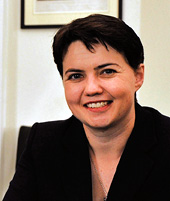
The 2011 Scottish Conservatives leadership election was an internal party election to choose a new leader of the Scottish Conservatives, who at the time were the third-largest political party in the devolved Scottish Parliament. Ruth Davidson was declared the winner of the contest on 4 November 2011 and succeeded Annabel Goldie. The election was triggered when incumbent party leader Annabel Goldie resigned her position on 9 May 2011, following her party's self-described 'disappointing' result in the 2011 Scottish Parliament election, where the Conservatives were reduced from 17 seats to 15.

The 2014 European Parliament election was the United Kingdom's component of the 2014 European Parliament election, held on Thursday 22 May 2014, coinciding with the 2014 local elections in England and Northern Ireland. In total, 73 Members of the European Parliament were elected from the United Kingdom using proportional representation. England, Scotland and Wales use a closed-list party list system of PR, while Northern Ireland used the single transferable vote (STV).
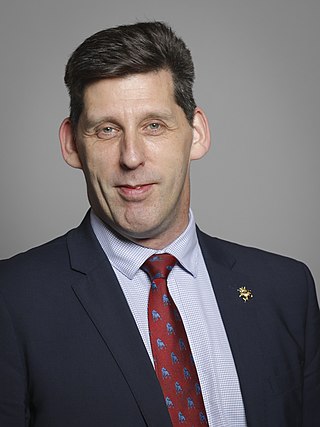
Ian James Duncan, Baron Duncan of Springbank is a Scottish politician serving as a deputy speaker in the House of Lords. A member of the Conservative Party, he was formerly Minister for Climate Change in the Department for Business, Energy and Industrial Strategy and minister in the Northern Ireland Office. He initially joined the UK Government as a Scotland Office minister following the 2017 UK general election. Duncan was a Member of the European Parliament (MEP) for Scotland from 2014 to 2017. He is the only minister to have served in each of the UK Government's territorial offices.
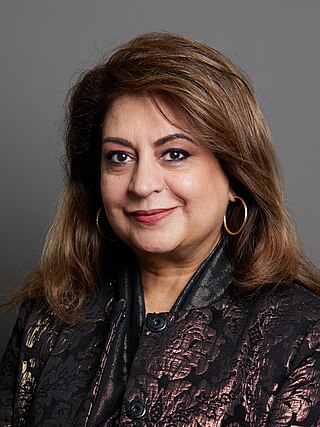
Nosheena Shaheen Mobarik, Baroness Mobarik is a British Conservative politician and Life Peer. She served as a Member of European Parliament for Scotland from 2017 to 2020.

















